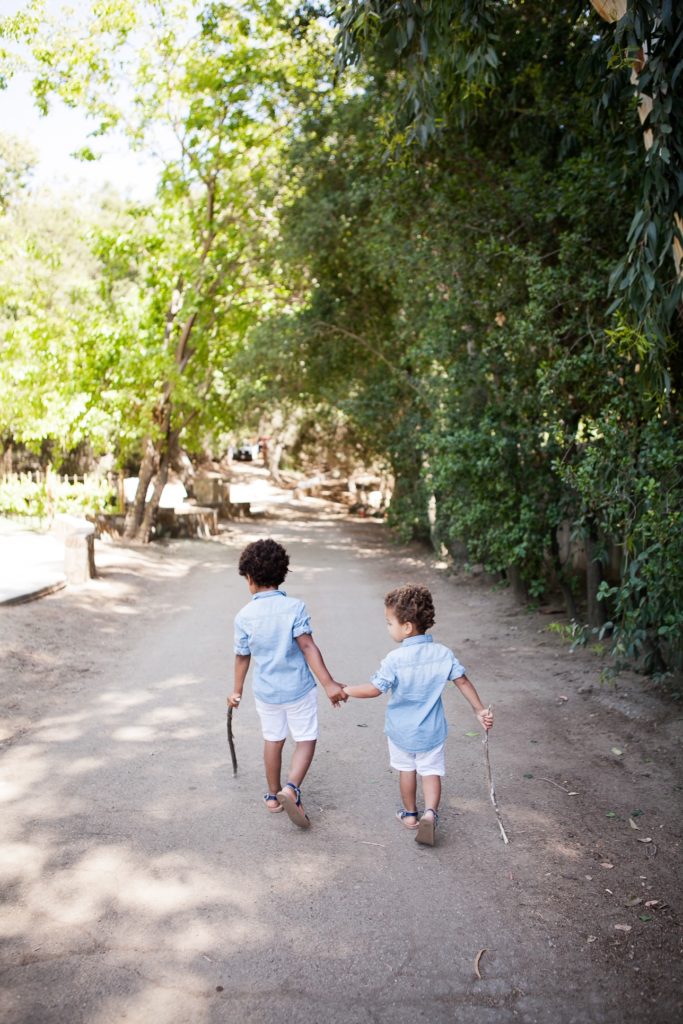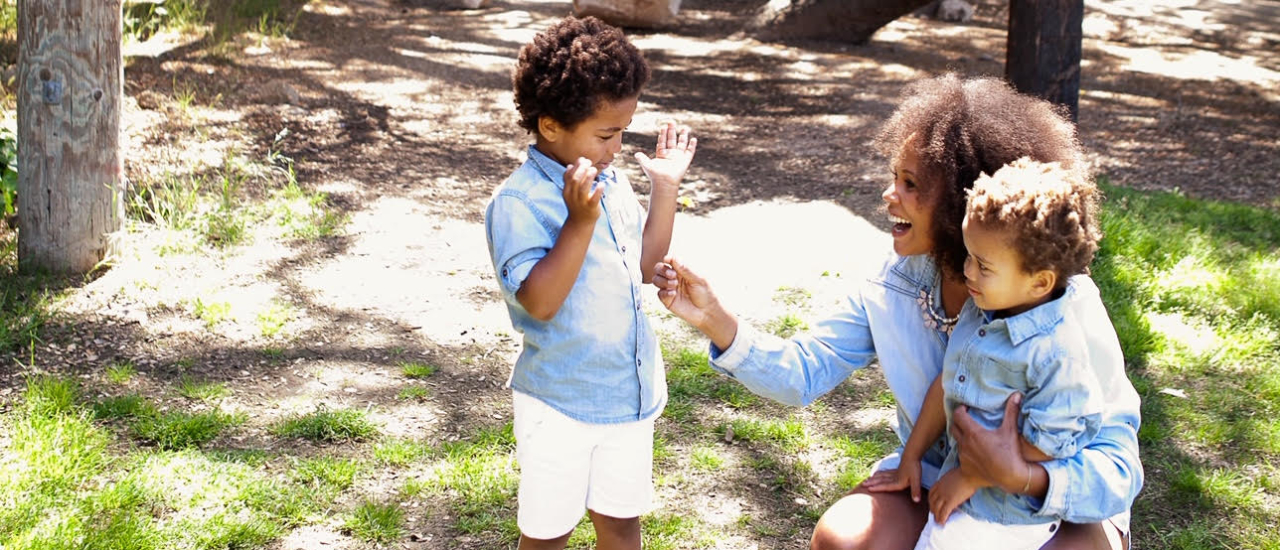I have a confession to make. I’ve struggled with it before, but I’ve come to terms with it, at least in this area of parenting. I lie to my kids. I think it’s healthy to do so, especially when it comes to protecting them from some harsh realities of my divorce from their father. I’ve come to realize that many parents may not agree with how I handle this with my boys. I’m writing about this today to hopefully bring some clarity and justification for my rationale.

They Aren’t Ready
As adults, we experience real emotions, both positive and negative, and process them as such. We can be angry, sad, disappointed about something and later process the “why” of it all. Plus, we’re able to not give our emotions power beyond the moment and process them within the bigger picture. We can make sense of it all, possibly forgive and move on.
Children don’t have those skills yet. They may not develop these critical thinking skills until later in life. If you hand off to them your anger towards the other parent, they may not be able to understand how minor or major the circumstances were. Because we don’t often see how big the “real” effects truly are in the moment, we may not see the impact of our responses or words until our kids are much older and have the language to describe it.
In a nutshell, you wouldn’t give your infant child a piece of steak to eat; they can’t digest it. It’s not appropriate for their age. You would give them milk or formula, or whatever they can digest. Likewise, consider choosing to give your kids the story about their father that they can handle at their ages. They can’t process dad’s shortcomings the way you can, and it isn’t worth risking damaging a future relationship they can have with their father. I see that relationship as a potential building block for healthy children, especially since I have boys. Protecting kids in this way is extremely important.
Self-perception is Powerful
Research has shown that children identify with half of each of their parents. In essence, speaking negatively about a child’s dad equates to speaking negatively about them internally. I would NEVER want my sons to view themselves negatively because of my words. This keeps me striving for the relationship I want them to have later on versus my emotions now.
Protecting kids means being careful about the ideas children absorb, especially about both of their parents. Because there’s a divorce involved and they spend most of their time with me, I realize their self-image most likely starts as a reflection of my words. They look to mom and dad to help form their views on the world, whatever those may be at their ages. I have to be careful with the ideas I give to my boys regarding who their parents are. Those ideas may be the seeds of who they feel they are or will become.
Divorcees often have to deal with a co-parent that sometimes disappoints their children. While that can be infuriating, try to remember that parent is still “dad” to them. He’s still a hero to them. Remembering that can be tough when you can see all of the chinks in his armor. It’s a HUGE act of selflessness. Nevertheless, allowing your ex to retain his status to your children has the potential to have so many amazing benefits as they become healthy adults. I choose to set aside some very real and very valid feelings about what really happens when my sons’ dad is absent. The goal isn’t to expose the offending parent; the goal is to raise healthy children. So sure…daddy isn’t here because he’s “working.” True or false, it works for them. For now.
Remember the Goal
I read a wise quote that spoke on giving our kids childhoods that they don’t have to heal from. That’s really the goal, and that’s why I’m not going to bad-mouth their dad. We parents have the all-important job of protecting our children. Yes, that does include the basics of food, safety and protecting them from running into traffic. However, in 2020, there is a much-needed emphasis on mental and emotional health, and that also starts at home. That’s where they develop their first impressions of what love looks like. You, parent, facilitate that, be it healthy or unhealthy.
Don’t get me wrong: absorbing the pain is not negating the reality of pain. You’re not pushing aside your feelings as if they’re not real (missed commitments, lack of involvement) – all are real and you have every right to feel that way. By no means should you feel you don’t have the right to have those feelings. However, as you navigate the co-parenting experience, focus on protecting kids from the extremely sensitive details and potential feelings that they have to choose one or the other.
I think it’s a wise decision to put the desires of the future you want them to have ahead of your feelings in the present. Besides, I firmly believe kids will grow and start to see the impact for themselves. As they develop and mature, they will inevitably start to form their own opinions. You’ll then be able to meet and talk with them on a level that their feelings without vilifying the other parent.
Until then, though, keep your eyes on the prize: protecting kids in a way that simply lets them be kids. No worries, no worldly cares or heaviness that we adults deal with. Just…let the kids be kids.





replies (0)